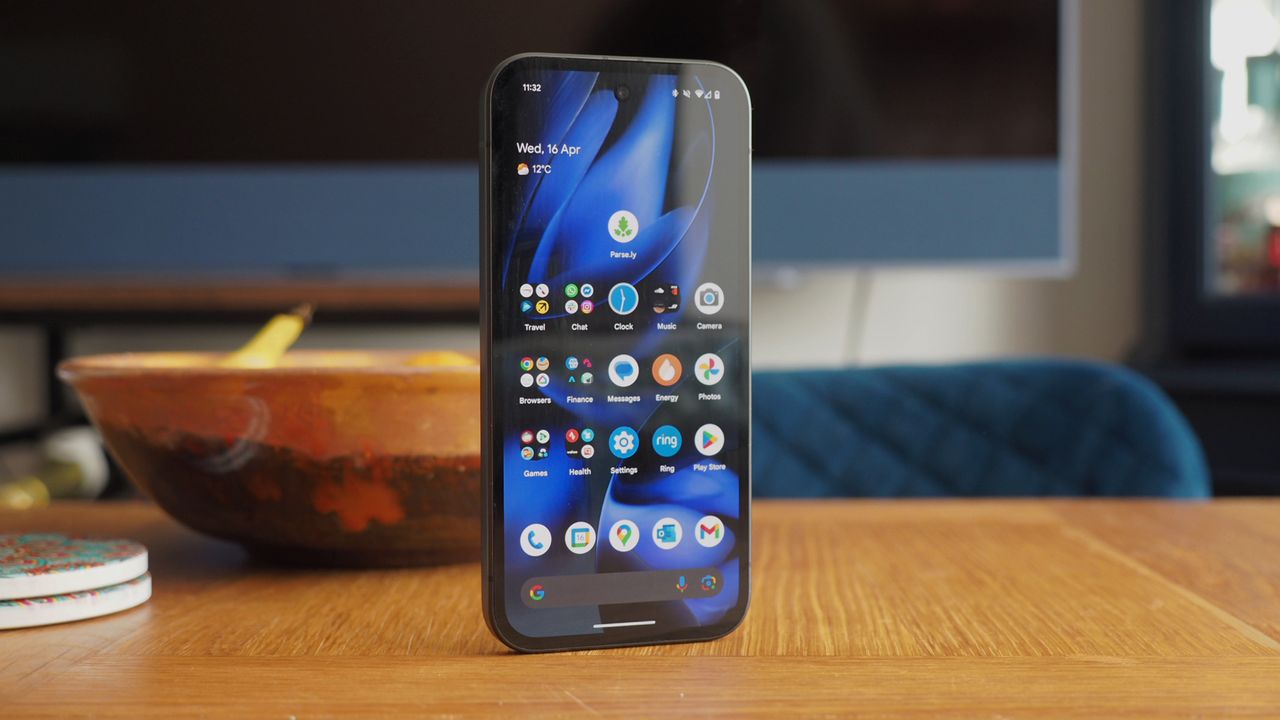
The best phones are coming with a growing number of artificial intelligence (AI) features built in. One such AI feature is of particular interest to students: being able to transcribe spoken audio and turn it into digital text that can be filed, modified, searched, and more.
Not so long ago, getting an app to write down what people were saying in a meeting or an interview was an expensive and rather unreliable process. Now, though, thanks to the rapid advances in AI capabilities, software can accurately identify the words being said and get them down in text form for you – all free of charge on your phone.
It's clear how this can be beneficial for anyone going back to class after summer. Lectures, seminars, tutorial videos and anything else with spoken word can be processed and saved, ready to be searched and used as a study aid.
You've got several options when it comes to picking the right phone for you: having regularly used all of the AI transcription tools detailed here, and tested them for speed and accuracy, these are my three top phones to pick for AI transcription.
T3's Top 3
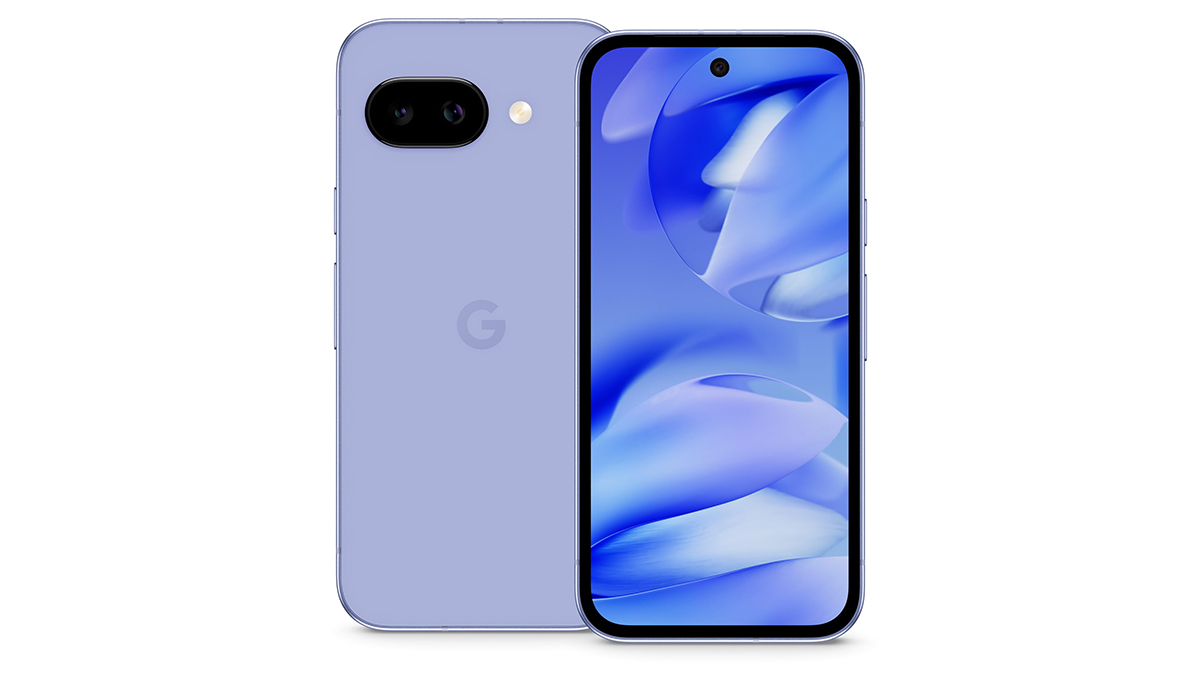
The Pixel 9a from Google is a fantastic little phone, which manages to hit an appealing mid-range price point without making too many compromises in terms of power and features. It also comes with the Pixel Recorder app on board, for your AI-powered live transcription needs.
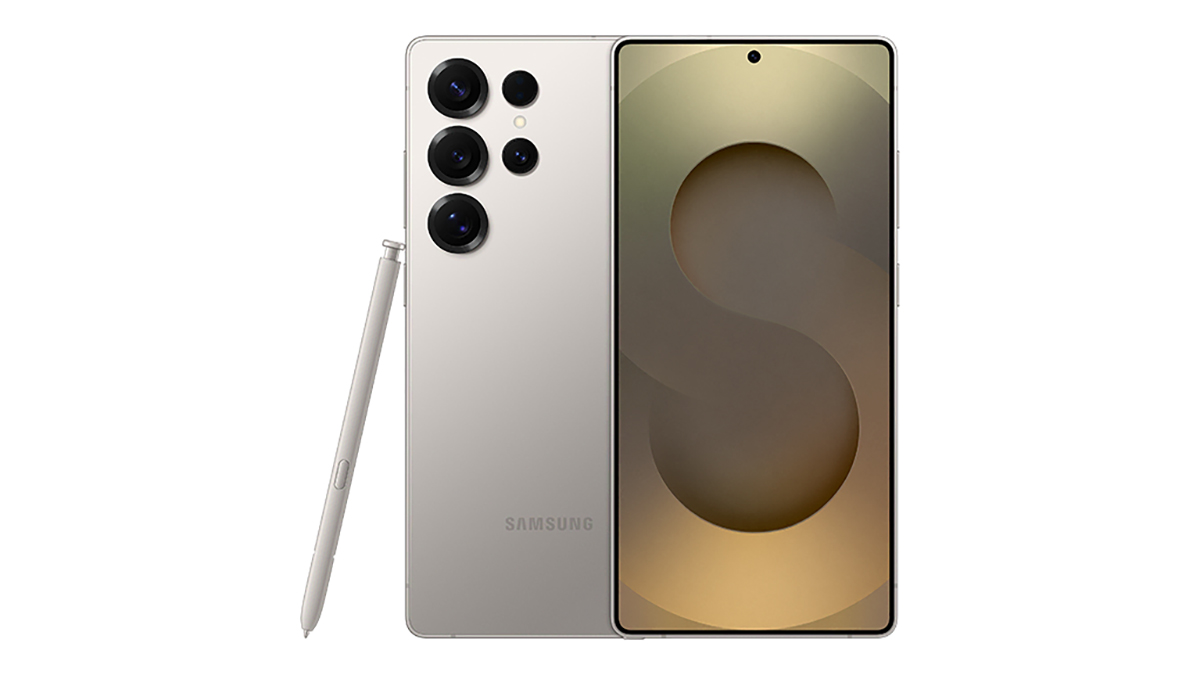
If you have some cash to splash then the Galaxy S25 Ultra makes a lot of sense, as it delivers top-tier performance levels in a beautifully designed chassis (with an integrated S Pen stylus). The One UI software is great too, and includes some AI transcription options.
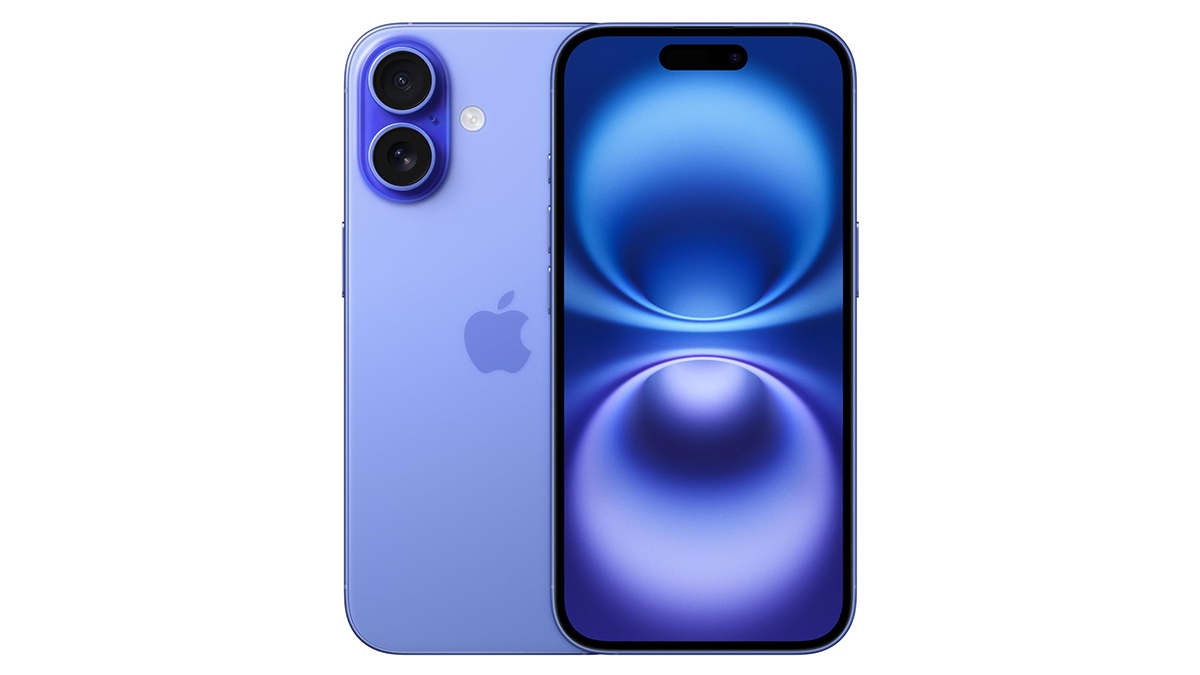
If you decide that Apple is the way to go here then the iPhone 16 is my pick: it hits the sweet spot in terms of the price and the performance you get in return. iOS continues to improve and evolve meanwhile – and you've got more than one built-in option for AI transcriptions.
Best value
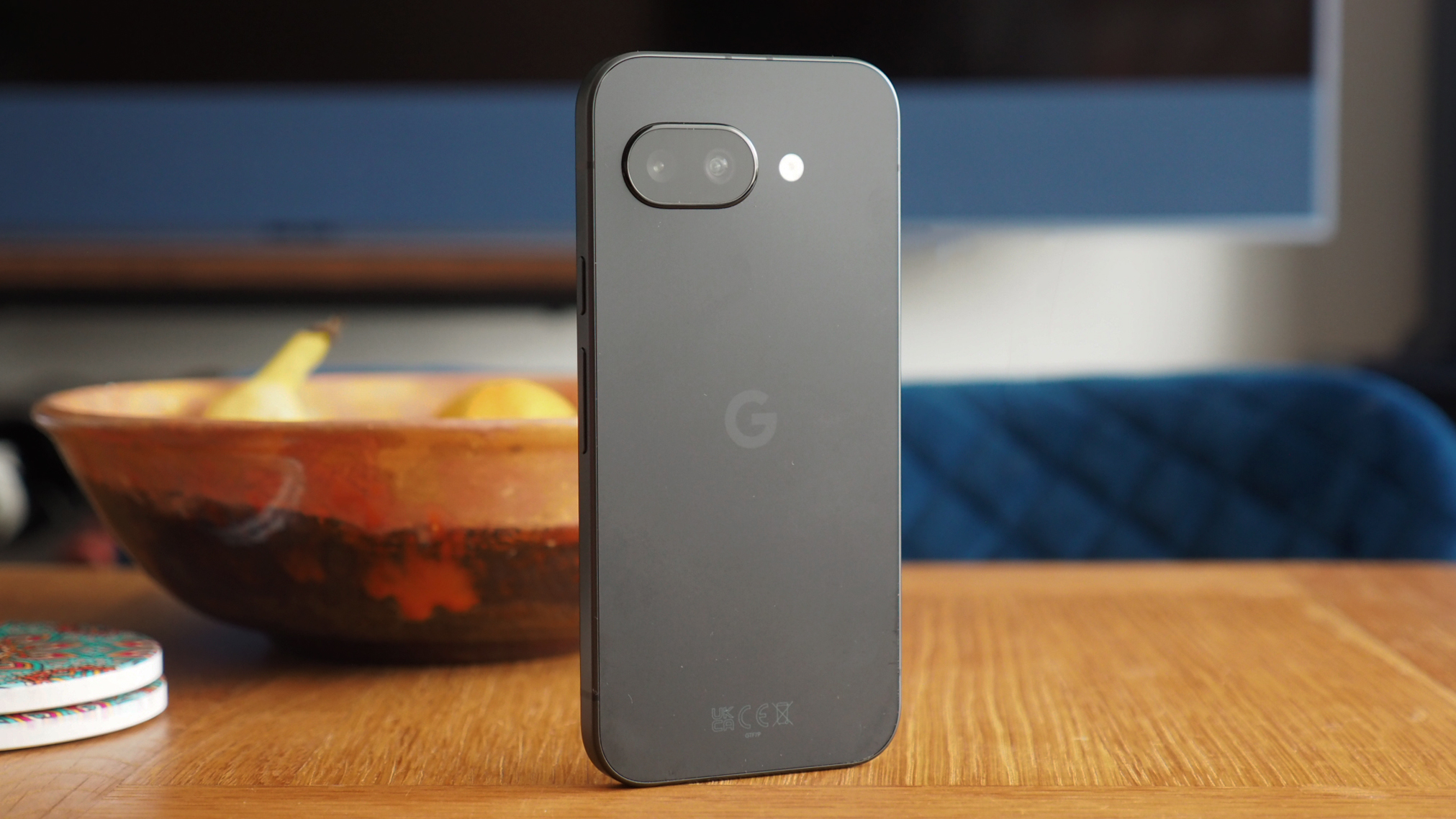
If it's value you're after then look no further than the Google Pixel 9a, which launched at a rather tempting £499 / $499, and has since got cheaper as its got older (see the widgets embedded on this page for the latest prices online). Despite being a mid-ranger, it has most of the AI features that come with the premium Pixel phones that cost much more.
In terms of the AI transcription, the app called Recorder is the one you need. A Pixel exclusive, it can transcribe audio in real time, switch between text and audio modes, and even differentiate between speakers. Recordings you've saved can be easily searched, modified, and labeled, and they all get synced to the web for you too, for easy access.
Aside from the real time transcription feature here, you get a very decent Google Tensor G4 processor and 8GB of RAM combination, plus a dual-lens 48MP + 13MP camera system with all the usual Pixel tricks. With a great 6.3-inch, 120Hz OLED display and very solid battery life, this is a phone that's going to serve you well until it's time for another upgrade.
Best premium
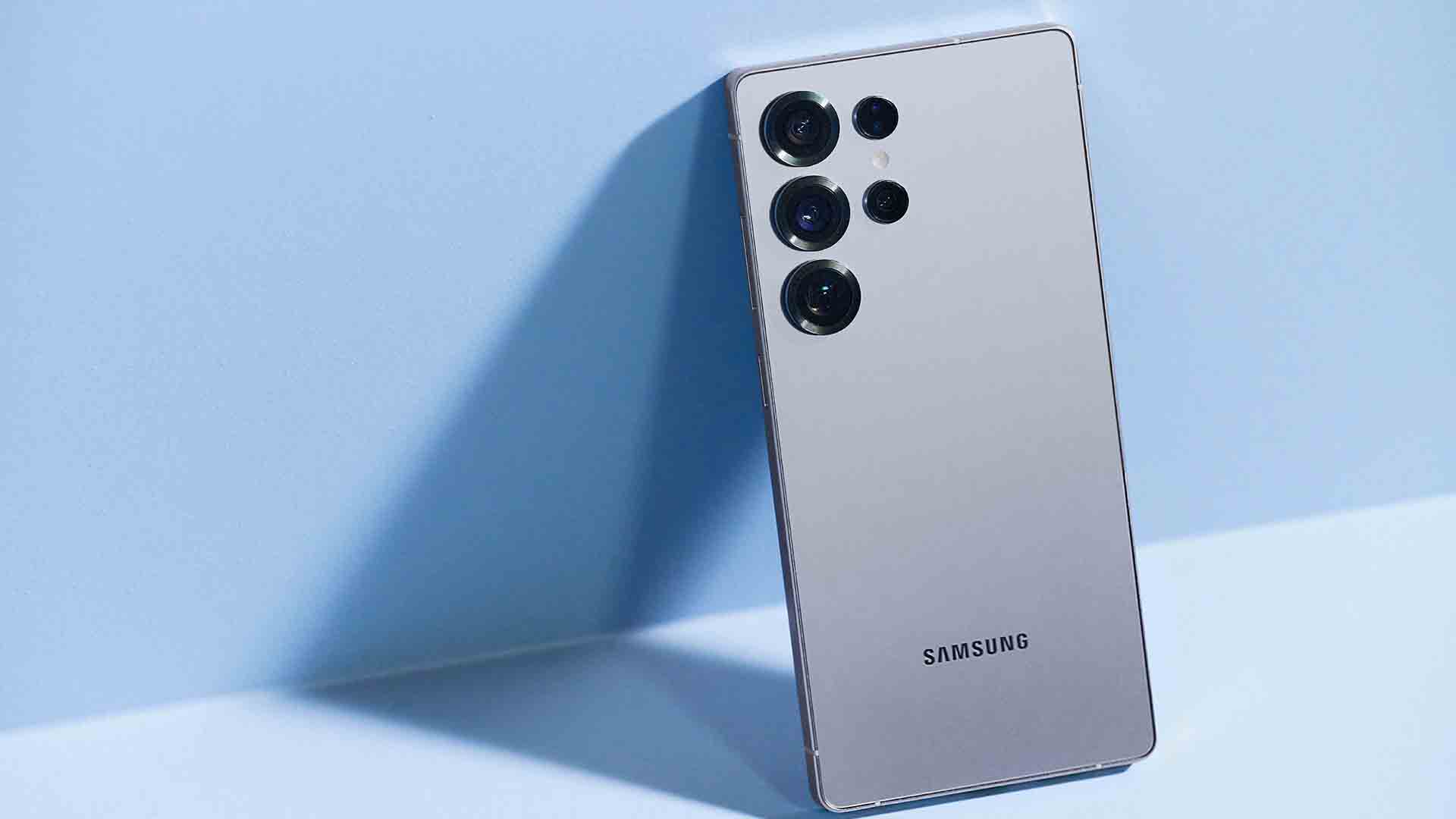
There's no getting around the fact that the Samsung Galaxy S25 Ultra costs quite a bit of money – it started at £1,249 / $1,199 at launch – but what a phone you get in return. With a gorgeous 6.9-inch, 120Hz display, a super-speedy Snapdragon 8 Elite processor, at least 12GB of RAM, and its very own integrated stylus, this is very much a phone for power users.
For transcriptions, Samsung offers a Voice Recorder app on the Galaxy S25 Ultra and other handsets, bringing with it accurately transcribed text that can be edited, exported, and labelled by speaker. It's not real-time (at least not yet), but there is a Live Transcribe accessibility feature that does work in real time, across every app on the Galaxy phone.
This is our pick as the best Android phone on the market at the moment, and it's sure to help you study hard and play hard – the quad-lens rear camera will capture some superb-looking photos and videos, for example. In our Galaxy S25 Ultra review, we awarded the handset five stars, and declared it to be Phone of the Year 2025, too.
Best Apple
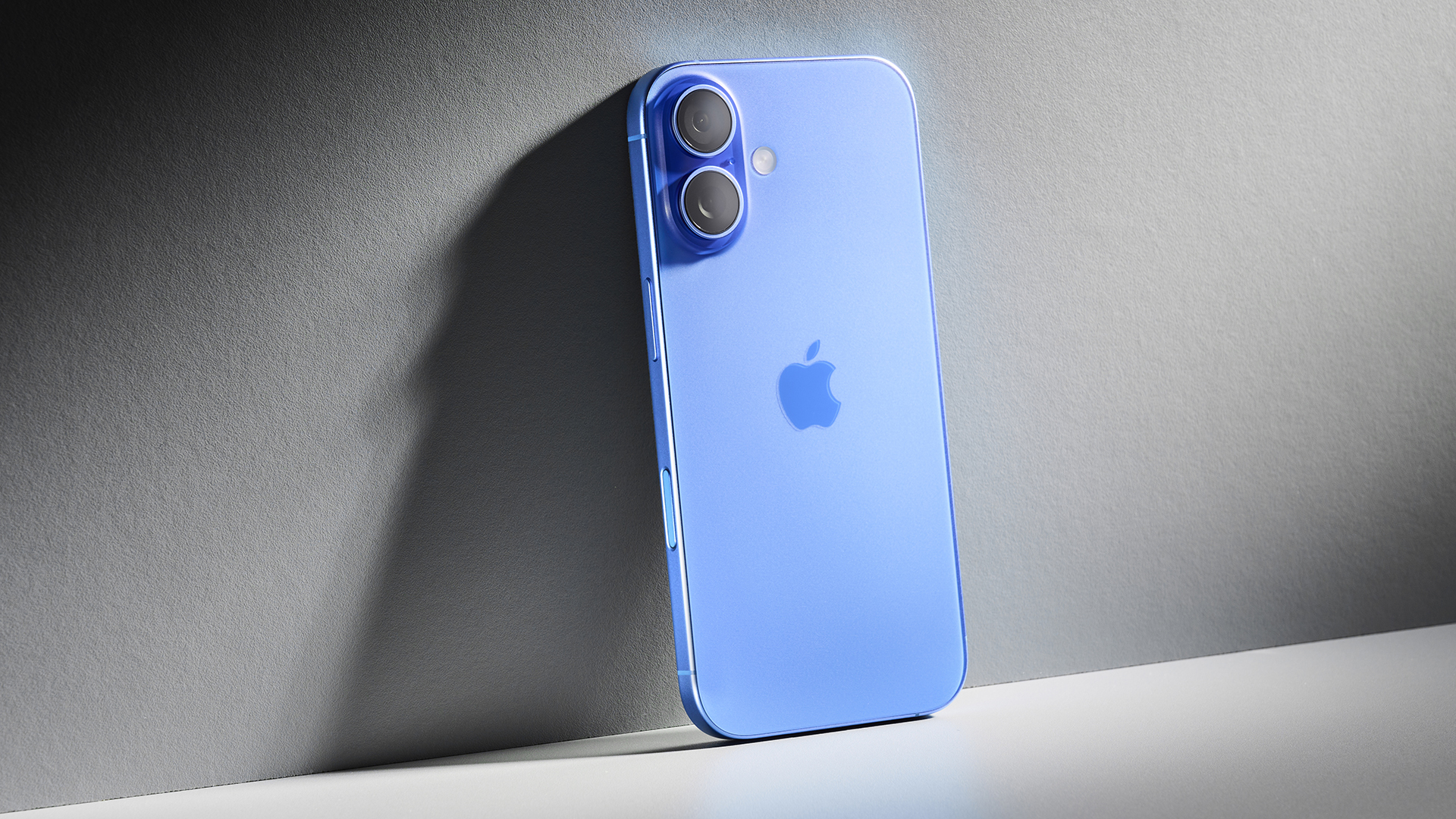
The Apple iPhone 16 doesn't really need much introduction (getting top marks in our review), and it's my pick if you're already invested in the Apple ecosystem and want a smartphone to match. Every aspect of this phone, from the way its designed and engineered to the quality of the internal components, is genuinely impressive.
Live transcription in real-time is available through both the Notes app and the Voice Memos app, so take your pick. You're able to easily switch between audio and text modes for your recordings, and if you want you can have the text shown on screen as the recording is happening. Both text and audio can be exported in a variety of ways too.
Of course one of the benefits of buying an iPhone is that it fits in beautifully with other Apple kit, such as iPads and MacBooks – and support for interactions with Android and Windows devices is slowly improving too. Given the starting price of £799 / $799, the iPhone 16 also bridges the gap between my other two picks in this list in terms of budget.
Honorable mentions
There's no one really doing it quite like the big three when it comes to built-in, AI-powered transcription capabilities – though you can of course install one of the many third-party tools that can do this job on any smartphone you like (though it'll typically cost you).
The on-board transcription tools I've talked about here are also available on the other phones in the same series from these manufacturers. You could, for instance, choose the more expensive iPhone 16 Pro and get some pretty major hardware upgrades as well.
If you do have some extra cash and you like the look of the Pixel phones, then you could opt for the Google Pixel 9 Pro XL, with the same Recorder app as the Pixel 9a. It's the same with Samsung: consider the Samsung Galaxy S25 as a more affordable option.







